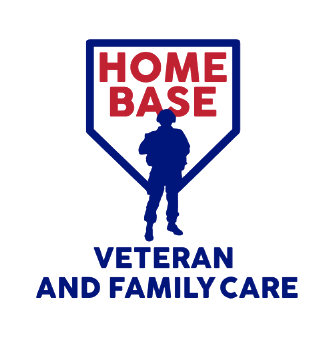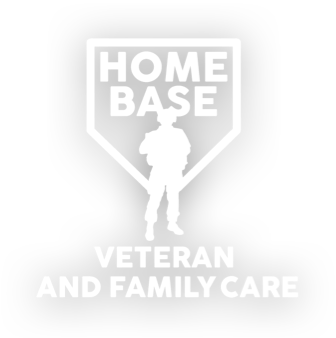Grant from Attorney General Supports Black, Indigenous, and People of Color (BIPOC) Veterans Struggling with Opioid Use Disorder
As the nation continues to grapple with COVID-19, communities across the country are experiencing the devastating ripples effects of the pandemic. With reports that military suicides are up as much as 20%, combined with data that overdose deaths have accelerated during COVID, it is evident that the pandemic is taking a heavy toll on many of the country’s most vulnerable populations. Understanding that Black, Indigenous, and People of Color (BIPOC), have been disproportionally impacted by the fallout associated with COVID-19, Attorney General Maura Healey awarded Home Base, a Red Sox Foundation and Massachusetts General Hospital Program, a $100,000 grant in support of training for culturally sensitive, equitable, and effective clinical care for BIPOC Veterans who are struggling with Opioid Use Disorder (OUD).
In delivering the training grant, Home Base is proud to partner with two leading organizations here in Massachusetts: Harvard Street Neighborhood Health Center (HSNHC) and Urban League of Eastern Massachusetts (ULEM). Together, the impact of the grant will enable a redoubling of all of our efforts to deliver world-class clinical care to BIPOC Veterans with OUD using a framework of cultural humility.
“As we observe Black History Month this February and honor the immeasurable impact that Black, Indigenous, and People of Color have had on the military history of the United States, it feels timely to take this important step to reach a vulnerable population of Veterans who have sacrificed so much for our country,“ said Jack Hammond, BG (ret.). “This grant has the potential to make a real difference in the lives of BIPOC Veterans.”
Through the grant, Home Base will first develop and implement a training curricula for its “frontline” staff that will meet the needs of culturally diverse patients seeking care for OUD at Home Base. The training curricula will also be made available to HSNHC staff.
“The curricula will be designed to foster three core elements of cultural humility,” explained Senior Director for the Home Base Training Institute and Network Development, Louis Chow, PhD. “This includes training about the principles of mutual learning and self-reflection, recognition of power imbalances, and recognition of implicit biases.”
Trainings specific to improving care for BIPOC Veterans with an OUD diagnosis will include topics on social determinants of health, implicit biases, harm reduction models for OUD treatment, anti-stigma language, and unique risks and barriers for people of color.
“For over 101 years, the Urban League of Eastern Massachusetts (ULEM), has provided services and programs that support Black and Brown communities of Greater Boston. We are glad to assist Home Base in adapting their training to be culturally sensitive and effective for our Black and Brown Veterans”, says Dr. J. Keith Motley, Consultant/President and CEO of ULEM.
“As a Leadership Council member of Home Base and as Chairman of the Board of ULEM, I am pleased that ULEM fostered a programmatic partnership between Home Base and Harvard Street Community Health Center to support our Veterans,” said Joseph Feaster.
“The opioid epidemic is far from over, and the COVID-19 crisis has only exacerbated barriers to care that have systemically and disproportionately harmed communities of color for far too long,” said Massachusetts Attorney General Maura Healey. “We have prioritized equity in our grant programs and awarded these funds to organizations like Home Base that are committed to providing accessible recovery and treatment services to diverse patients across our state.”


 Home Base
Home Base